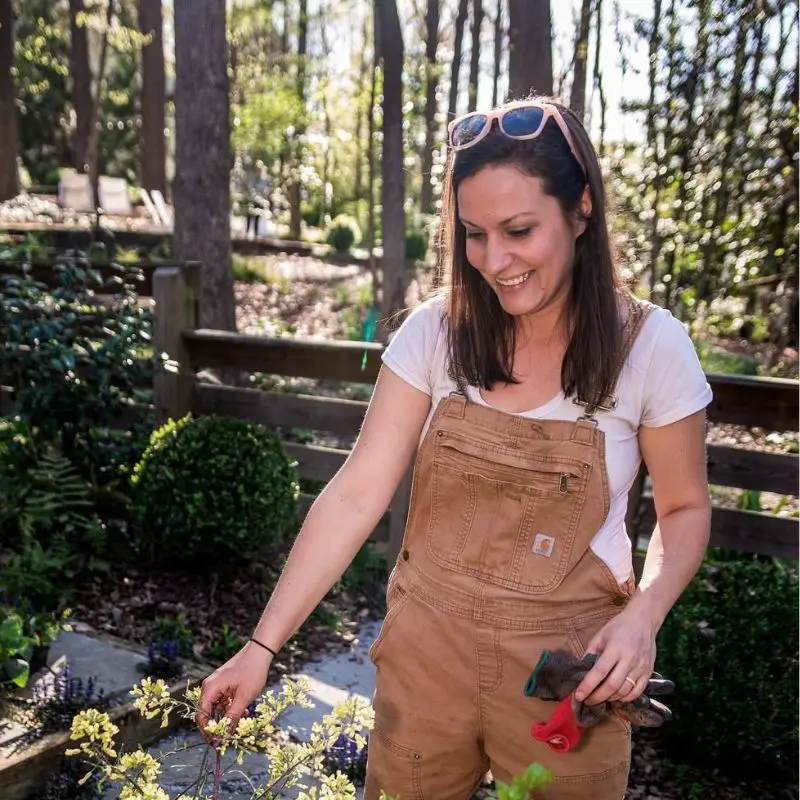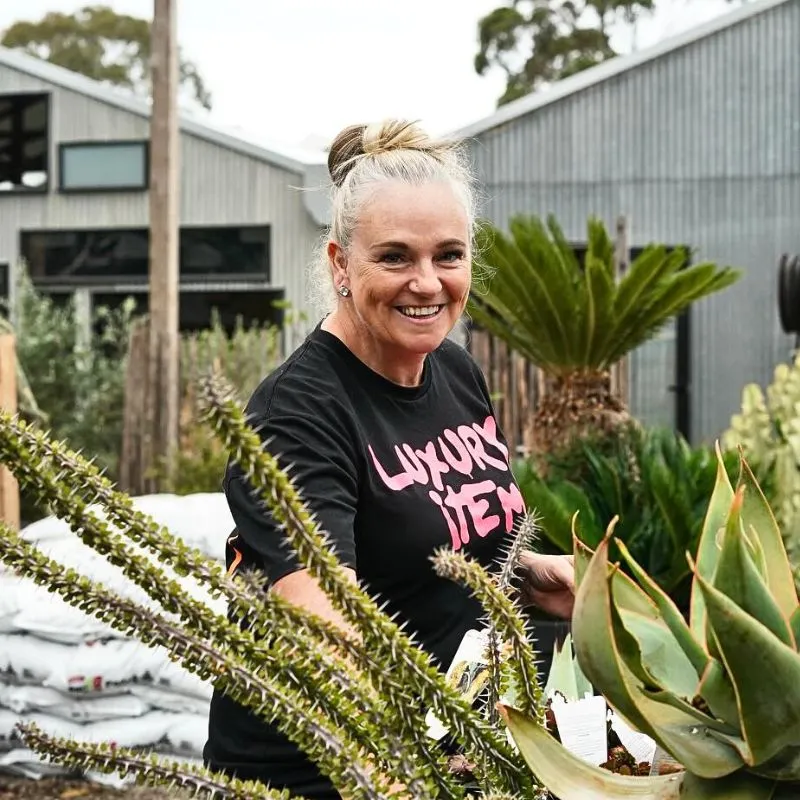The world of horticulture has long been associated with tradition, patience, and a deep connection with nature. However, like many other sectors, the care and cultivation of flowers and plants have not remained untouched by the sweeping advances of technology. Today, technology is transforming how we grow, nurture, and understand plants, making gardening and commercial cultivation more efficient, accessible, and innovative than ever before. This article explores the various ways technology is revolutionizing the care and cultivation of flowers and plants, touching on advancements in smart gardening, automated systems, genetic engineering, and the role of digital tools like Surfshark in ensuring the security of data in this evolving field.

1. Smart Gardening: The Rise of Connected Devices
One of the most significant advancements in plant care is the advent of smart gardening tools. These devices leverage the Internet of Things (IoT) to connect plants with their caregivers in ways that were previously unimaginable. Smart gardening systems typically include sensors, automated watering systems, and mobile apps that provide real-time data and control over the garden. To ensure data privacy and security while using these connected devices, it's important to use a reliable VPN service like Surfshark. This protects your personal information and ensures that your smart gardening system remains secure from potential cyber threats.
Key Features of Smart Gardening:
- Soil Sensors: These devices measure soil moisture, temperature, and pH levels. This data helps gardeners know when to water their plants, add nutrients, or adjust soil conditions to optimize plant health.
- Automated Irrigation Systems: With smart sprinklers and drip systems, watering schedules can be automated and adjusted based on real-time data from soil sensors or weather forecasts. This ensures that plants receive the right amount of water without wastage.
- Lighting Systems: Smart LED grow lights can be programmed to provide the optimal light spectrum for different stages of plant growth. These lights can simulate natural daylight cycles, even in indoor environments.
- Mobile Apps: Many smart gardening systems come with companion apps that allow gardeners to monitor and control their plants remotely. These apps often provide insights, reminders, and tips based on the specific needs of the plants.
Smart gardening technology has made it easier for both novice and experienced gardeners to maintain healthy plants, reduce water consumption, and improve crop yields. By taking the guesswork out of gardening, these tools enable a more sustainable and efficient approach to plant care.

2. Automated Greenhouses: Precision and Efficiency
Greenhouses have long been used to extend growing seasons and protect plants from harsh environmental conditions. However, modern technology has taken greenhouse management to a new level, with automated systems that provide precise control over temperature, humidity, light, and CO2 levels.
Benefits of Automated Greenhouses:
- Climate Control: Automated climate control systems can maintain the ideal growing conditions for plants, adjusting temperature and humidity levels based on real-time data. This ensures that plants are not subjected to stress from sudden weather changes.
- Automated Ventilation: Ventilation systems can be programmed to open or close based on temperature and humidity levels, ensuring proper airflow and reducing the risk of mold or mildew.
- CO2 Enrichment: Automated systems can regulate CO2 levels within the greenhouse, enhancing photosynthesis and promoting faster plant growth.
- Irrigation and Fertilization: These systems can deliver water and nutrients directly to the plants at optimal times, reducing waste and ensuring that plants receive consistent care.
By automating key aspects of greenhouse management, growers can achieve higher yields, reduce labor costs, and minimize environmental impact. This technology is particularly beneficial for commercial growers who need to maintain large-scale operations with consistent quality.
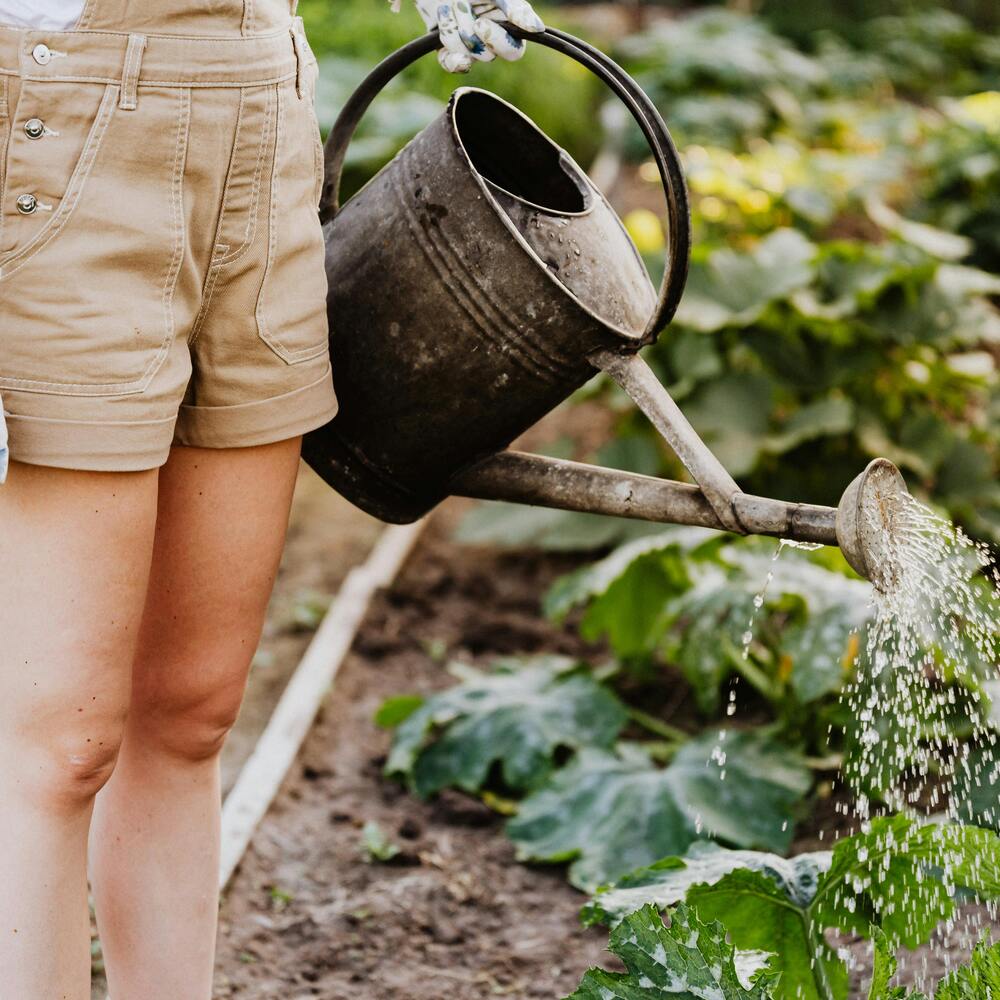
3. Genetic Engineering: Enhancing Plant Traits
Genetic engineering has opened up new possibilities in the cultivation of flowers and plants. Through techniques such as CRISPR and gene editing, scientists can now modify plant genomes to enhance desirable traits, such as disease resistance, drought tolerance, and improved nutritional content.
Applications of Genetic Engineering in Horticulture:
- Disease Resistance: By introducing genes from resistant species, scientists can create plants that are less susceptible to common diseases and pests. This reduces the need for chemical pesticides, making cultivation more sustainable.
- Drought Tolerance: Genetic modifications can improve a plant's ability to survive in low-water conditions, making it possible to grow crops in arid regions and reduce water usage in agriculture.
- Enhanced Aesthetics: Genetic engineering can be used to create flowers with novel colors, shapes, or fragrances, expanding the range of ornamental plants available to consumers.
- Nutritional Enhancement: By modifying the genetic makeup of edible plants, scientists can increase the nutritional content of fruits and vegetables, contributing to better health outcomes.
While genetic engineering has immense potential, it also raises ethical and environmental concerns. However, when used responsibly, it offers a powerful tool for addressing global food security challenges and creating more resilient plant varieties.
4. AI and Machine Learning: Optimizing Plant Care
Artificial intelligence (AI) and machine learning are becoming increasingly important in the field of horticulture. These technologies are being used to analyze vast amounts of data, predict plant growth patterns, and optimize care practices.
How AI is Transforming Plant Care:
- Predictive Analytics: AI algorithms can analyze data from sensors, weather forecasts, and historical records to predict plant growth patterns and potential issues. This allows growers to take proactive measures to prevent problems such as pest infestations or nutrient deficiencies.
- Image Recognition: AI-powered image recognition tools can identify plant diseases, pests, and nutrient deficiencies based on images of the plants. This technology can be used to diagnose problems early and recommend appropriate treatments.
- Automated Decision-Making: Machine learning models can optimize irrigation schedules, nutrient delivery, and other care practices based on real-time data, ensuring that plants receive the best possible care.
- Personalized Recommendations: AI-driven apps can provide personalized care recommendations based on the specific needs of individual plants, helping gardeners make informed decisions.
AI and machine learning are helping to take the guesswork out of plant care, allowing both hobbyists and professionals to achieve better results with less effort. As these technologies continue to evolve, they are likely to become even more integral to the future of horticulture.
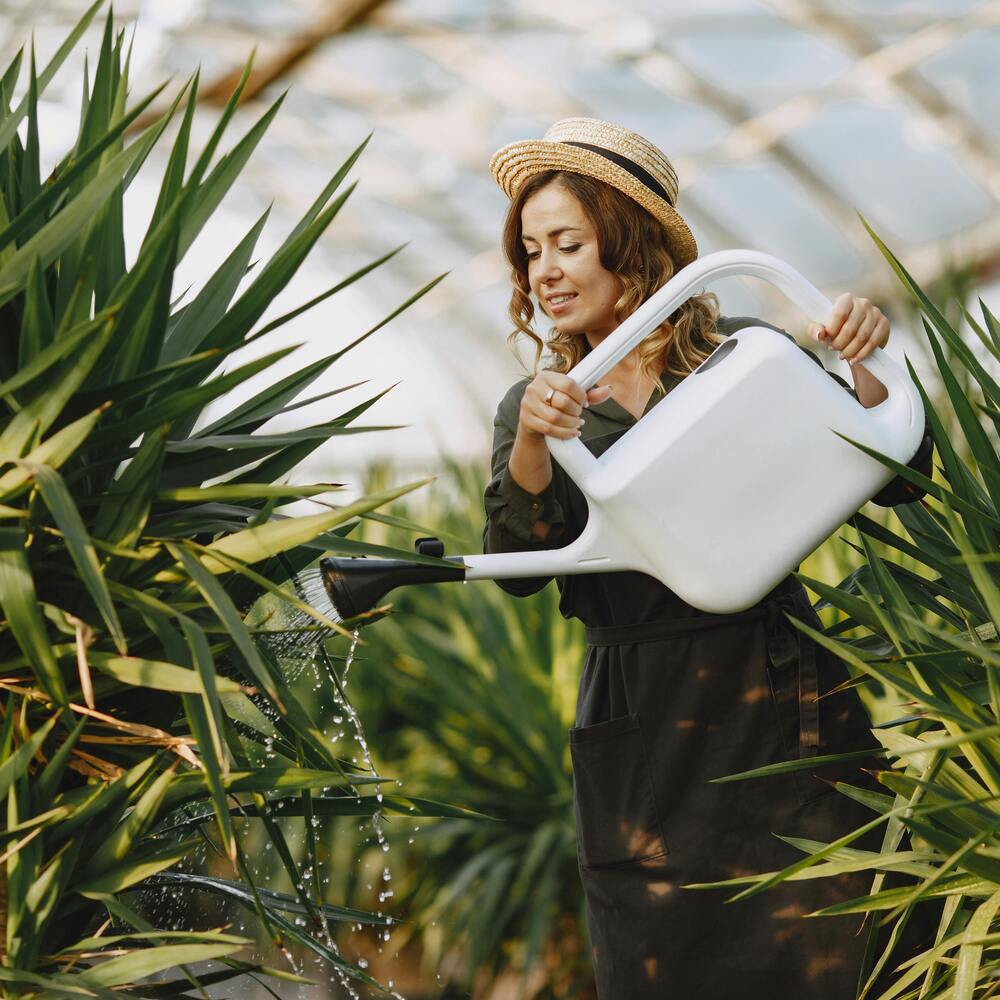
5. Vertical Farming: Maximizing Space with Technology
Urbanization and population growth have put pressure on traditional farming methods, leading to the development of innovative solutions like vertical farming. This approach involves growing plants in stacked layers, often in controlled environments such as warehouses or shipping containers.
Advantages of Vertical Farming:
- Space Efficiency: Vertical farming maximizes the use of space, making it possible to grow more plants in a smaller area. This is particularly valuable in urban environments where land is limited.
- Controlled Environment: Vertical farms use technology to control every aspect of the growing environment, including light, temperature, humidity, and nutrients. This allows for year-round cultivation and consistent crop quality.
- Reduced Water Usage: Vertical farming systems often use hydroponics or aeroponics, which require significantly less water than traditional soil-based farming. Water is recirculated within the system, minimizing waste.
- Local Production: Vertical farms can be located close to urban centers, reducing the need for long-distance transportation and ensuring that consumers have access to fresh, locally grown produce.
Vertical farming represents a fusion of agriculture and technology, offering a sustainable solution to the challenges of food production in a rapidly urbanizing world. As technology continues to advance, vertical farming is likely to play a key role in the future of horticulture.
6. Robotics in Horticulture: Automating Labor-Intensive Tasks
Robots are increasingly being used in horticulture to automate labor-intensive tasks, such as planting, harvesting, and pruning. These machines are designed to work alongside human workers, improving efficiency and reducing the physical demands of agricultural labor.
Applications of Robotics in Horticulture:
- Planting and Seeding: Autonomous robots can precisely plant seeds or seedlings, ensuring optimal spacing and depth. This increases planting efficiency and improves crop yields.
- Harvesting: Harvesting robots are equipped with sensors and AI to identify ripe fruits or vegetables and pick them without damaging the plants. This technology is particularly useful for crops that require delicate handling.
- Pruning and Trimming: Robots can be programmed to prune plants according to specific guidelines, promoting healthy growth and reducing the need for manual labor.
- Weeding: Autonomous weeding robots can identify and remove weeds without harming the crops, reducing the need for herbicides and manual weeding.
The use of robotics in horticulture is still in its early stages, but it has the potential to revolutionize the industry by making farming more efficient and sustainable. As robotic technology continues to advance, it is likely to become an increasingly important tool for both small-scale and commercial growers.
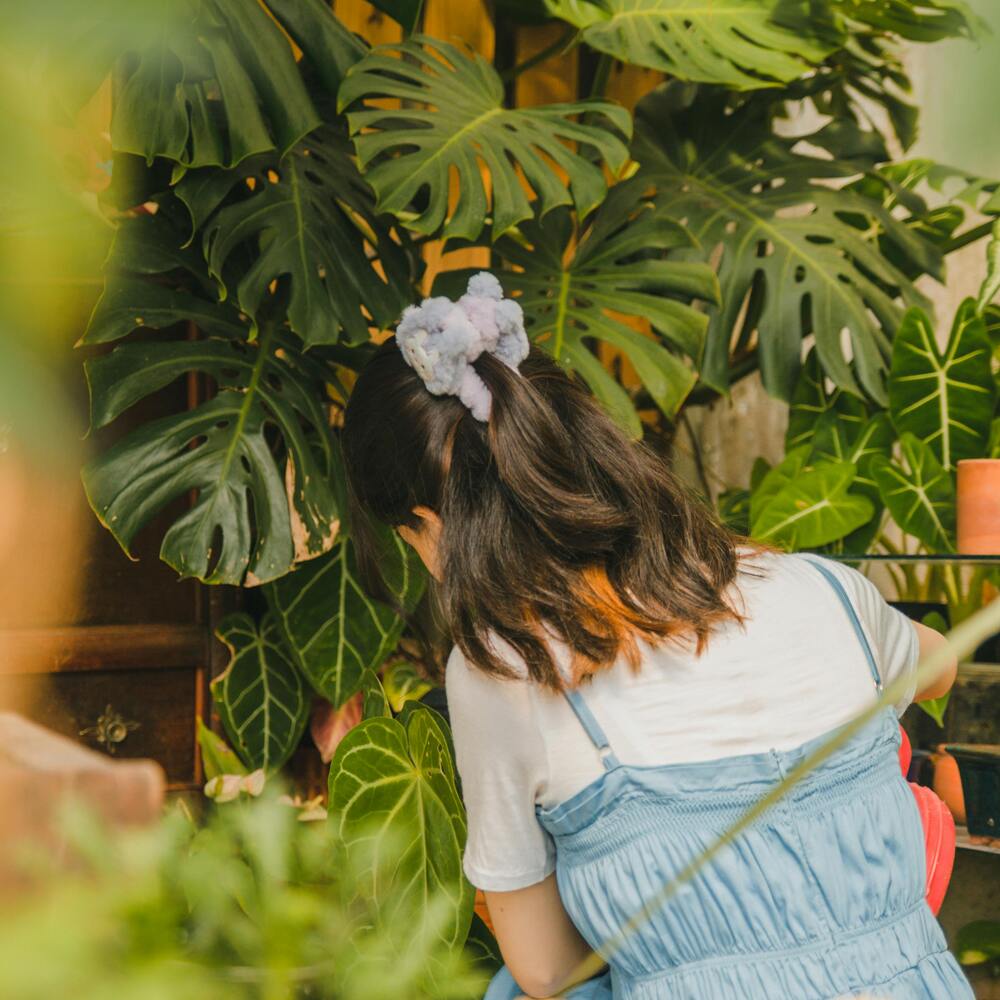
7. The Role of Digital Tools in Horticulture: Surfshark and Data Security
As horticulture becomes more reliant on digital tools and data, the importance of cybersecurity cannot be overstated. The use of smart devices, AI, and cloud-based platforms to manage plant care and cultivation generates a significant amount of data, which must be protected from unauthorized access and cyber threats.
Surfshark: Ensuring Data Security in the Digital Age
Surfshark is a leading cybersecurity company that provides a range of digital security tools, including a virtual private network (VPN) service. For businesses and individuals involved in horticulture, Surfshark can help protect sensitive data and ensure that online activities are secure.
- VPN Protection: Surfshark's VPN encrypts your internet connection, making it difficult for hackers to intercept data. This is particularly important when using smart gardening devices that are connected to the internet.
- Data Privacy: Surfshark ensures that your online activities remain private by masking your IP address and preventing tracking by third parties. This is crucial for protecting sensitive information related to plant care and cultivation.
- Multi-Device Support: Surfshark can be used on multiple devices simultaneously, allowing you to secure all your smart gardening tools and computers with a single account.
- User-Friendly Interface: Surfshark's interface is designed to be easy to use, making it accessible even to those who are not tech-savvy.
In an increasingly digital world, the integration of cybersecurity tools like Surfshark into horticulture is essential for protecting data and ensuring the safe and efficient use of technology.
Smart Gardening
Technology is revolutionizing the care and cultivation of flowers and plants in ways that were unimaginable just a few decades ago. From smart gardening devices and automated greenhouses to genetic engineering and AI-driven solutions, the tools available to gardeners and growers today are transforming how we interact with the natural world.
As technology continues to advance, the possibilities for innovation in horticulture are endless. Whether you're a hobbyist looking to create a smart garden at home or a commercial grower seeking to optimize your operations, embracing these technological advancements can help you achieve better results with less effort. At the same time, it's crucial to recognize the importance of digital security in this new era of horticulture. By using tools like Surfshark, you can ensure that your data and online activities remain safe as you navigate the exciting future of plant care and cultivation.



